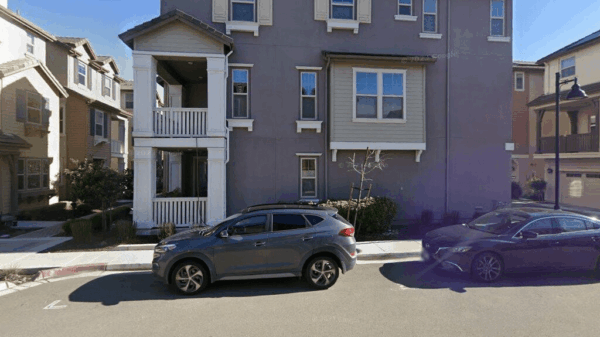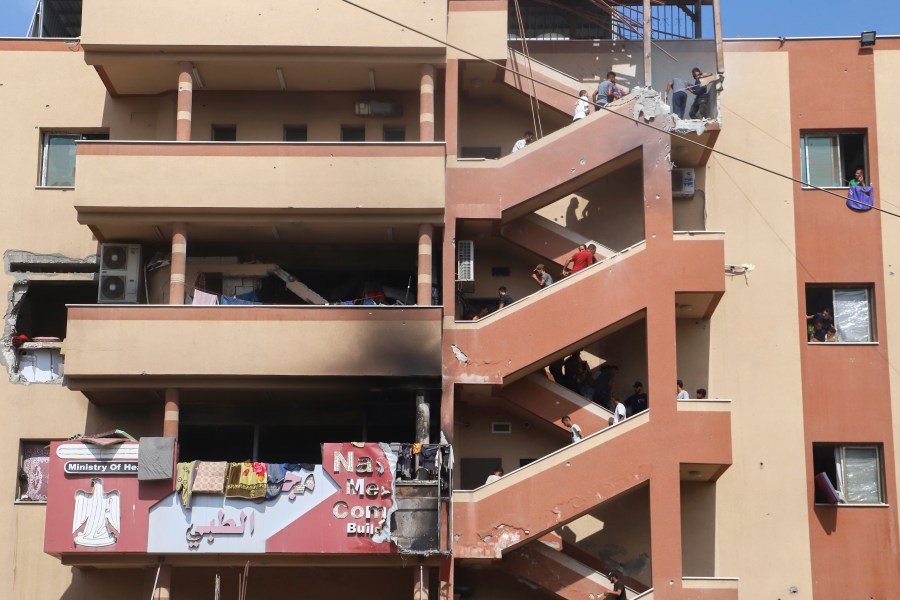Visual journalist Mariam Dagga tragically lost her life in an Israeli airstrike on October 16, 2023, while documenting the impacts of conflict in the Gaza Strip. She was killed outside Nasser Hospital, where she had been capturing the lives of those affected by the violence. Dagga was among 22 individuals, including five journalists, who perished when Israeli forces struck the hospital twice in quick succession, according to health officials.
The last photographs retrieved from Dagga’s camera reveal a damaged stairwell at the hospital. In these images, people can be seen navigating the staircase, following an initial strike, while others peer out from the facility’s windows. The Israeli military claimed it targeted what it believed to be a Hamas surveillance camera. However, witnesses and health officials reported that the first strike killed a cameraman from Reuters who was conducting a live broadcast, along with another unidentified individual. A senior official from Hamas denied that any surveillance operations were taking place at the hospital.
Remembering a Committed Journalist
At just 33 years old, Dagga had established a reputation for her dedicated work, frequently based at Nasser Hospital in Khan Younis. Her focus was on documenting the experiences of ordinary Palestinians displaced from their homes, as well as the efforts of doctors treating wounded and malnourished children. Her poignant storytelling highlighted the human cost of the ongoing conflict.
On the day following Dagga’s death, Amar Bendjama, Algeria’s ambassador to the United Nations, delivered a heartfelt tribute during a Security Council session. He read a letter that Dagga had penned just days before her tragic end, addressed to her 13-year-old son, Gaith. Gaith had left Gaza at the onset of the war to reside with his father in the United Arab Emirates.
Bendjama held up a photograph of Dagga, describing her as “a young and beautiful mother” whose only weapon was her camera. He recounted a poignant message from Dagga’s letter: “Ghaith, you are the heart and soul of your mother. When I die, I want you to pray for me, not to cry for me. I want you never, never to forget me. I did everything to keep you happy and safe, and when you grow, when you marry, and when you have a daughter, name her Mariam after me.”
In sharing Dagga’s story, Bendjama not only highlighted her loss but also brought attention to the broader implications of the violence affecting countless families in the region. The tragic circumstances surrounding her death underscore the perilous conditions faced by journalists and civilians alike in conflict zones.
As the international community grapples with the ongoing humanitarian crisis in Gaza, Dagga’s final images serve as a stark reminder of the urgent need for peace and accountability amidst the violence.
For more coverage on the situation in Gaza, visit AP News at https://apnews.com/hub/israel-hamas-war.





































































